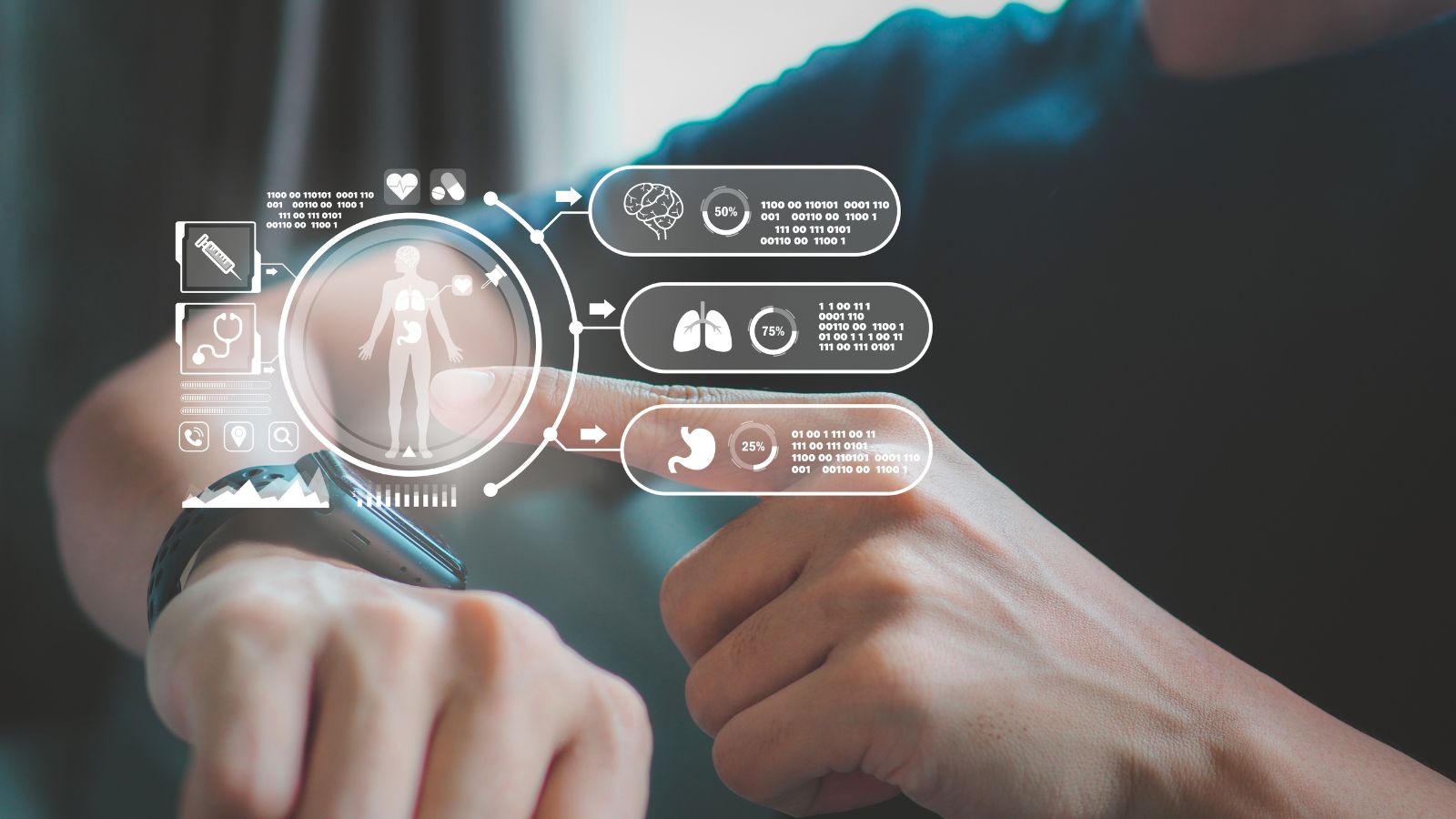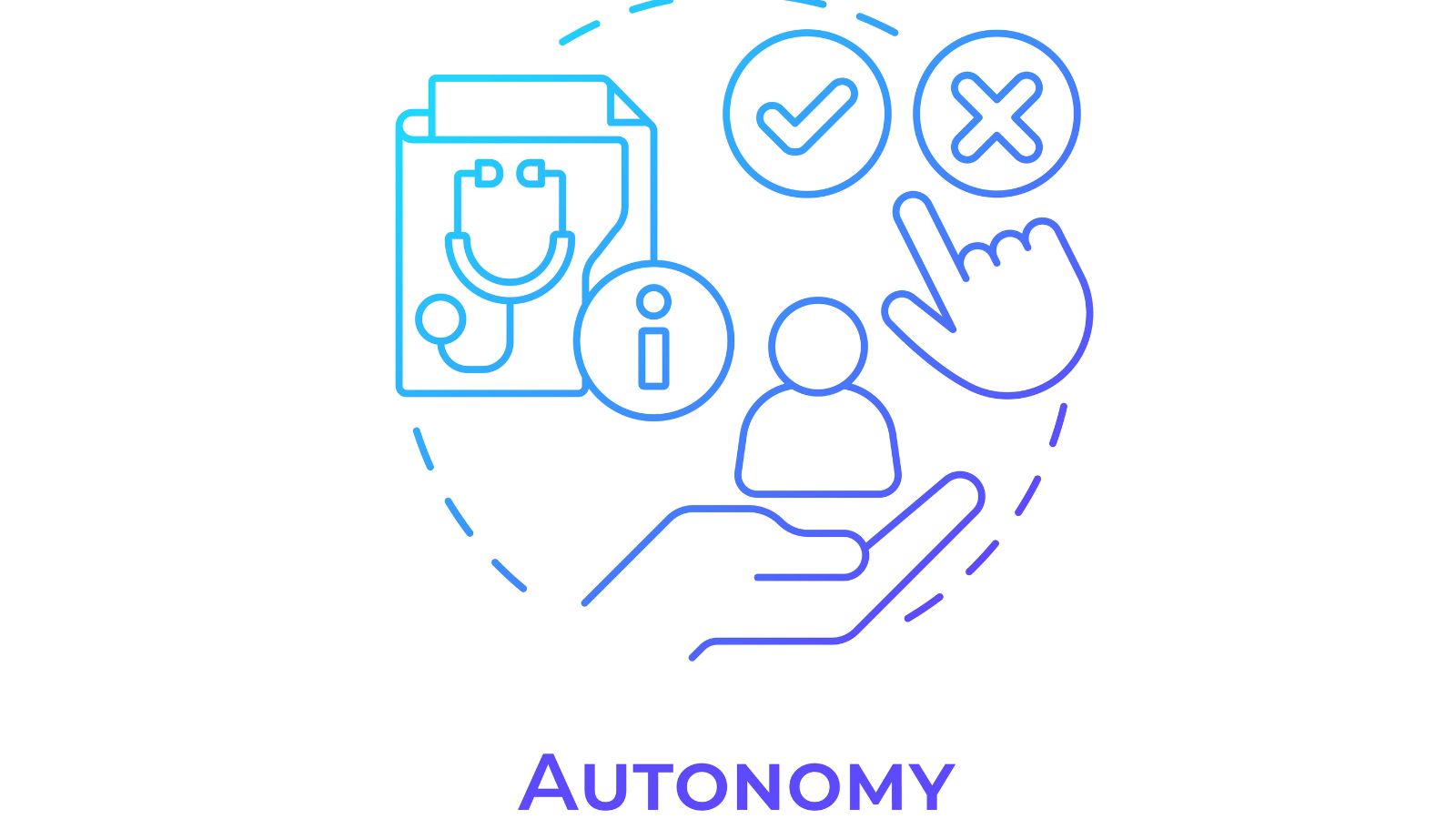The healthcare industry is constantly in flux, driven by technological advancements, changing demographics, and global health challenges. As a healthcare consumer or professional, staying informed about these trends is essential. Let’s dive into the 21 critical trends shaping the future of healthcare:
Health Misinformation and the Infodemic

The proliferation of health misinformation, especially during the Covid-19 pandemic, has been alarming. False claims about treatments, vaccines, and preventive measures have led to confusion and even harm. Efforts to combat this infodemic include promoting accurate information and improving health communication.
At-Home Diagnostics and Care

The pandemic accelerated the adoption of at-home diagnostics and care. Telemedicine, remote monitoring, and wearable health devices are becoming mainstream. Patients now have more options for accessing healthcare services from their homes.
Affordability and Access Challenges

The U.S. healthcare system continues to grapple with affordability and access issues. High costs, insurance complexities, and disparities in care hinder equitable access. Addressing these challenges requires systemic changes.
Advancements in Healthcare Technology

From AI-driven diagnostics to blockchain-based health records, technology is revolutionizing healthcare. Innovations like telehealth platforms, virtual reality for pain management, and precision medicine are improving patient outcomes.
Population Health Management

Preventive care and population health management are gaining prominence. Identifying risk factors, promoting healthy behaviors, and addressing social determinants of health are critical for overall well-being.
Rise of Digital Therapeutics

Digital therapeutics (DTx) are evidence-based interventions delivered through digital platforms. These solutions complement traditional medical treatments and focus on managing chronic conditions, mental health, and lifestyle changes. DTx apps address diabetes management, cognitive behavioral therapy, and addiction recovery. As technology advances, expect more personalized and accessible DTx options to improve patient outcomes.
Personalized Medicine and Genomics

Personalized medicine is an emerging practice that leverages an individual’s genetic profile to guide disease prevention, diagnosis, and treatment decisions. Doctors can select the most suitable medications or therapies by analyzing patient’s genes and determining personalized dosages. This approach moves away from the “one-size-fits-all” model, allowing tailored healthcare based on genetic information.
Mental Health Awareness

Mental health awareness involves recognizing the importance of maintaining good mental well-being. It includes understanding the signs and symptoms of mental health issues, promoting open dialogue, and encouraging individuals to seek help when needed. By fostering awareness, we reduce stigma and create a supportive environment for mental health.
Health Equity and Social Determinants

Health equity refers to ensuring a fair opportunity to achieve optimal health. Social determinants— income, education, housing, and access to healthcare—profoundly influence health outcomes. Addressing disparities in these determinants is crucial for promoting equitable health for all.
Value-Based Care Models

Value-Based Care Models prioritize patient outcomes over the volume of services provided. In these models, healthcare providers are incentivized based on quality, efficiency, and patient satisfaction. By focusing on value rather than sheer quantity, we can improve overall healthcare delivery and enhance patient experiences.
Aging Population and Geriatric Care

The aging population presents unique challenges for healthcare systems worldwide. As people live longer, geriatric care becomes crucial. Innovations in elder care, dementia management, and age-friendly environments are essential to ensure the quality of life and well-being of seniors.
Precision Nutrition and Gut Health

Precision nutrition is a personalized approach to dietary recommendations based on an individual’s genetic makeup, lifestyle, and health status. By analyzing genetic markers, we can tailor dietary advice to optimize nutrient intake, manage weight, and prevent chronic diseases. Gut health, on the other hand, focuses on maintaining a balanced gut microbiome through probiotics, prebiotics, and fiber-rich foods. A healthy gut contributes to overall well-being and immune function.
Blockchain for Health Data Security

Blockchain for health data security is a game-changer. Using decentralized, tamper-resistant ledgers ensures secure and transparent health data exchange. Patient privacy is safeguarded, and interoperability between healthcare systems is enhanced. Blockchain’s immutability and cryptographic features make it a powerful tool for protecting sensitive medical information.
Healthcare Workforce Challenges

The healthcare workforce faces significant challenges globally. Shortages of healthcare professionals, burnout, and retention issues impact patient care. Investing in workforce development, improving work-life balance, and addressing mental health support is crucial to ensure a resilient and motivated healthcare workforce.
Telehealth Regulations and Licensing

Telehealth regulations and licensing play a crucial role in shaping the future of virtual healthcare. Clear guidelines ensure safe and effective telemedicine practice. Licensing requirements vary by region, impacting cross-state consultations and provider reimbursement. As telehealth becomes more widespread, policymakers must balance accessibility and quality of care.
Biohacking and DIY Health

Biohacking refers to self-experimentation with lifestyle modifications, supplements, and technology to optimize health and performance. Enthusiasts explore personalized approaches, such as tracking biomarkers, optimizing sleep, and experimenting with nootropics. However, balancing innovation with safety is crucial. DIY health involves taking charge of one’s well-being through home remedies, fitness routines, and preventive measures. Always consult professionals and evidence-based sources for reliable guidance.
Healthcare Infrastructure Resilience

Healthcare infrastructure resilience is crucial for withstanding pandemics, natural disasters, and system overload. Preparedness involves robust supply chains, flexible facilities, and surge capacity planning. Adaptability ensures seamless response during crises, minimizing disruptions to patient care.
Ethical AI and Data Privacy

Ethical AI is essential in healthcare. As artificial intelligence becomes integral, ensuring fairness, transparency, and accountability is crucial. Striking a balance between innovation and patient privacy is vital. Data privacy safeguards sensitive health information, preventing unauthorized access and misuse. Robust security measures and informed consent processes protect patients’ rights.
Healthcare Innovation Hubs

Healthcare Innovation Hubs are collaborative spaces where researchers, entrepreneurs, and healthcare professionals work together to drive transformative change. These hubs foster innovation through incubators, accelerators, and partnerships. They catalyze breakthroughs in medical technology, digital health, and patient care by providing resources, mentorship, and networking opportunities.
Climate Change and Health

Climate change significantly impacts public health. Rising temperatures, extreme weather events, and air pollution exacerbate respiratory diseases, heat-related illnesses, and vector-borne infections. Vulnerable populations suffer the most, including children, the elderly, and those with pre-existing conditions. Mitigating climate change through sustainable practices is essential for global health.
Patient-Centric Design

Patient-centric design focuses on creating healthcare spaces that prioritize the patient experience. It involves thoughtful layouts in hospitals, clinics, and waiting areas, as well as user-friendly digital interfaces. By considering patients’ needs, comfort, and accessibility, we enhance overall satisfaction and well-being.
Conclusion

Stay informed, advocate for evidence-based practices, and be proactive in navigating these trends—your health matters.
14 Cars with a Reputation for Running Forever and Why They Outperform the Rest

In the dynamic world of automobiles, some cars stand out for their remarkable longevity and enduring performance. These road warriors have earned a reputation for running seemingly forever, outpacing their counterparts. This article will explore 14 such vehicles and the reasons behind their legendary durability.
14 Cars With A Reputation For Running Forever And Why They Outperform The Rest
